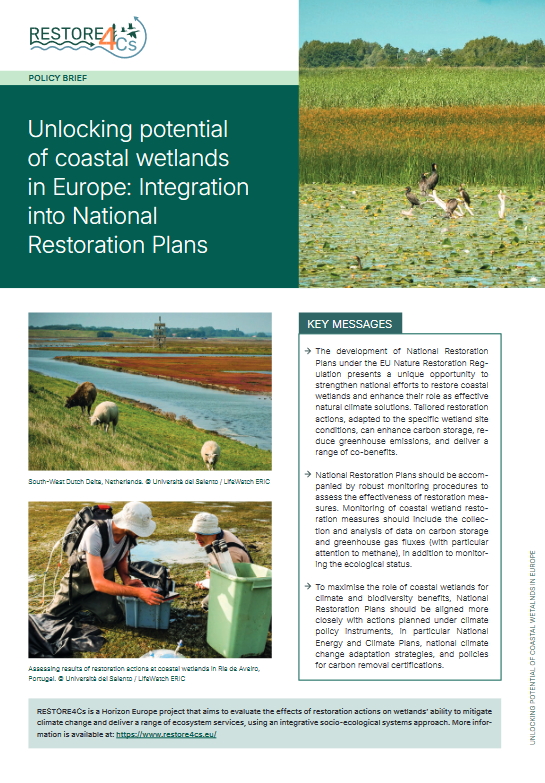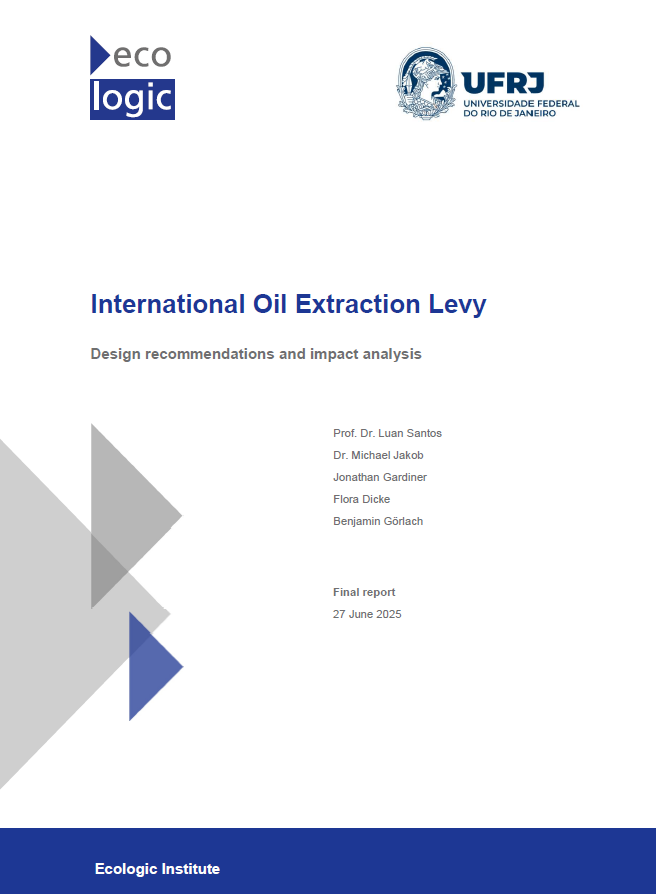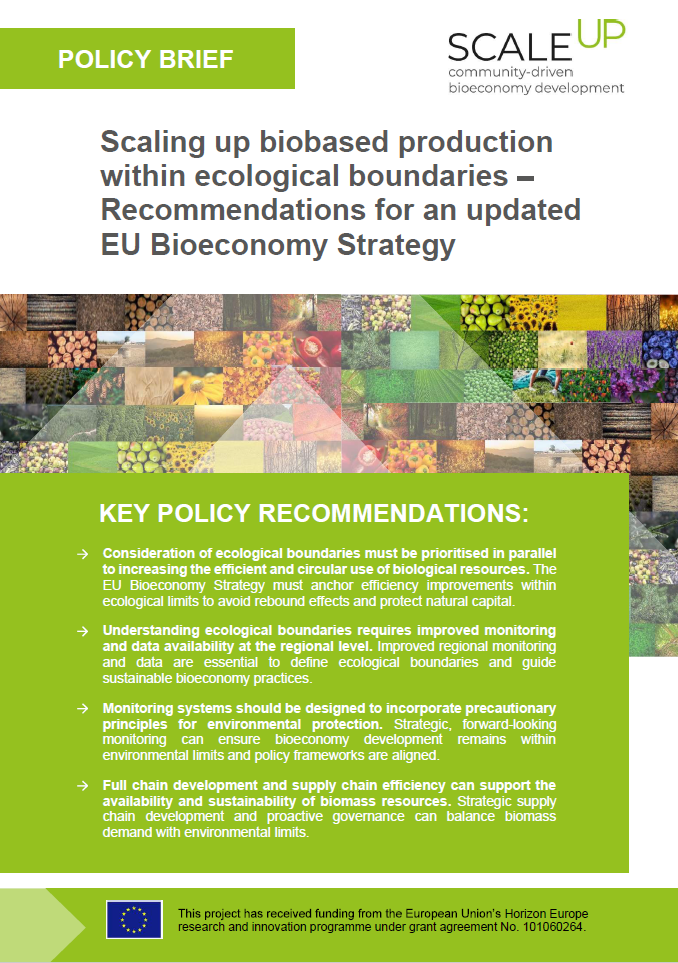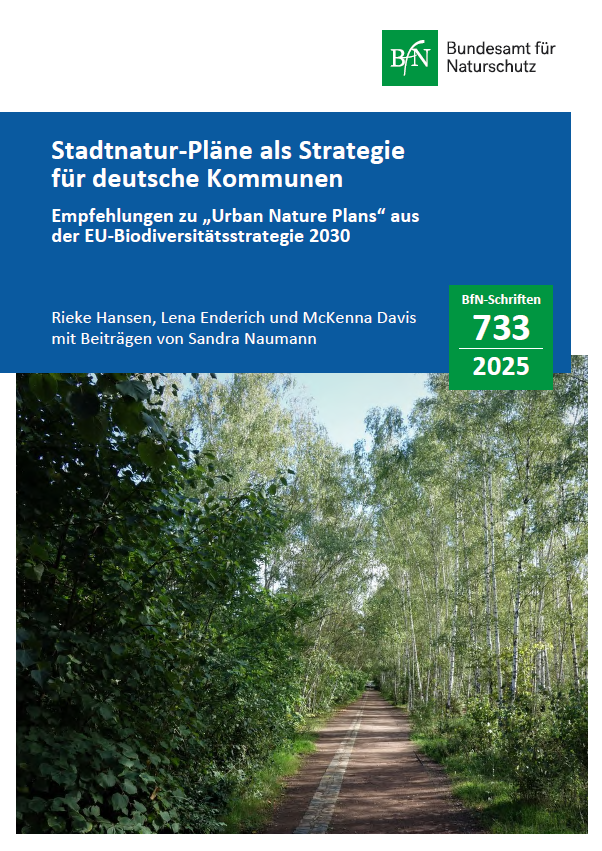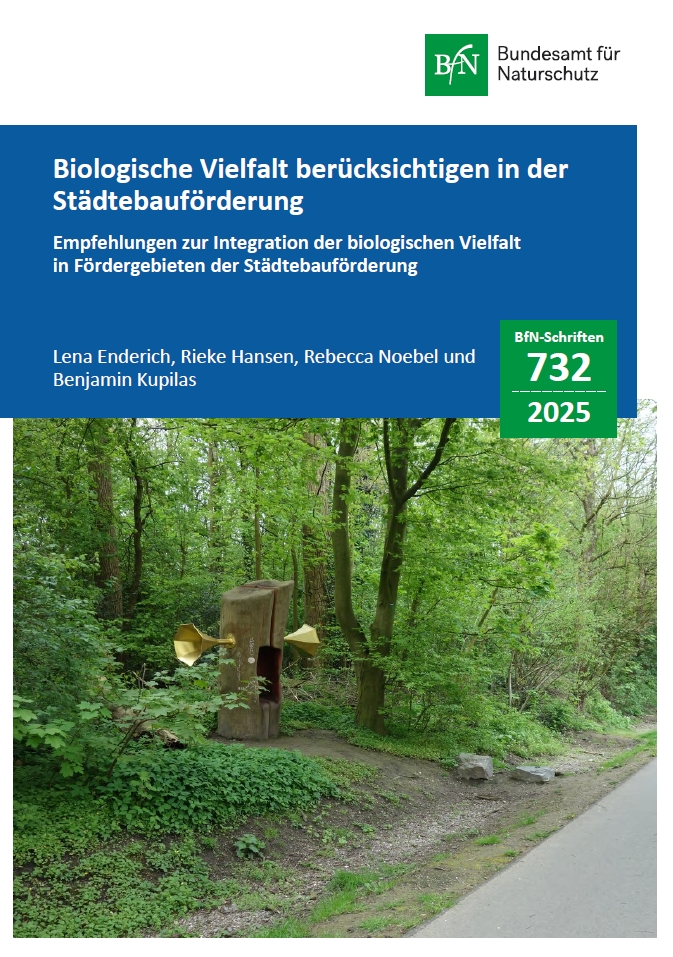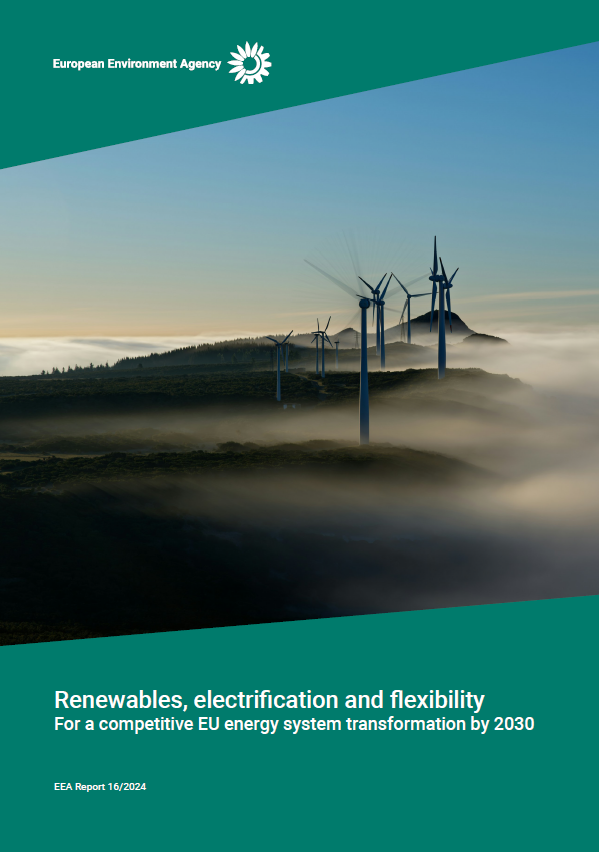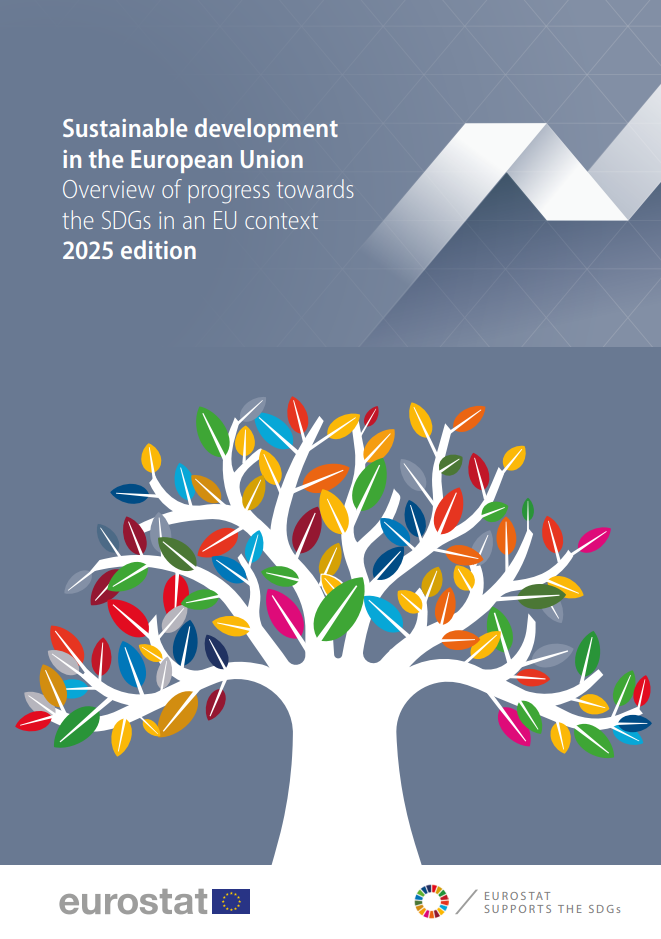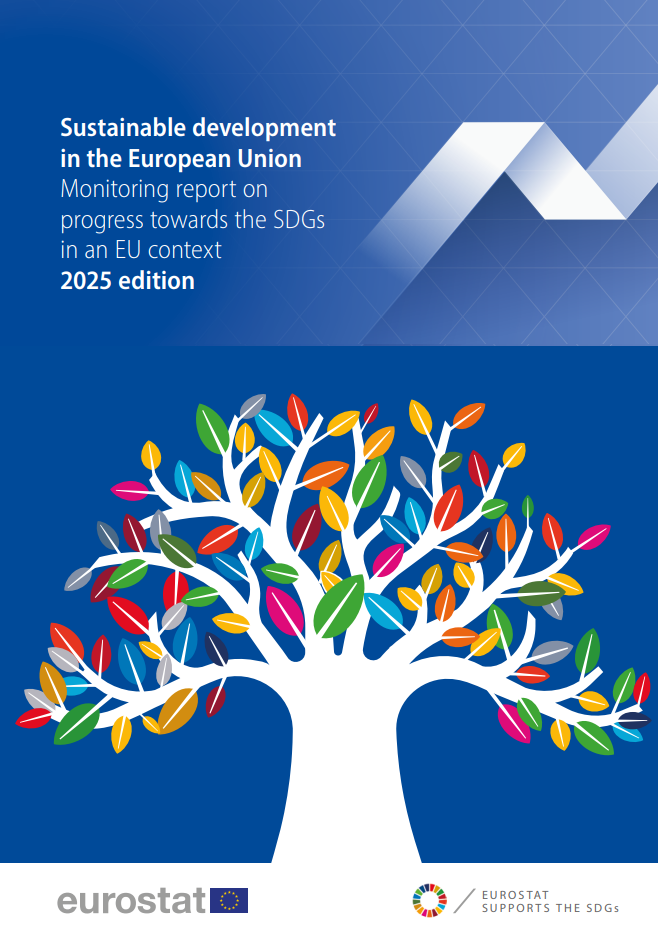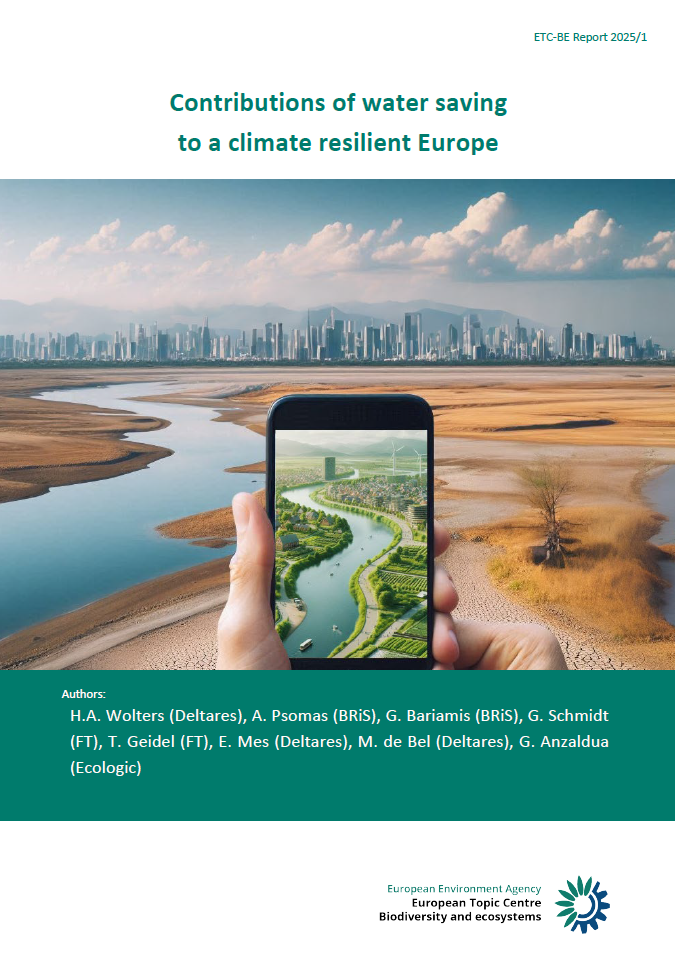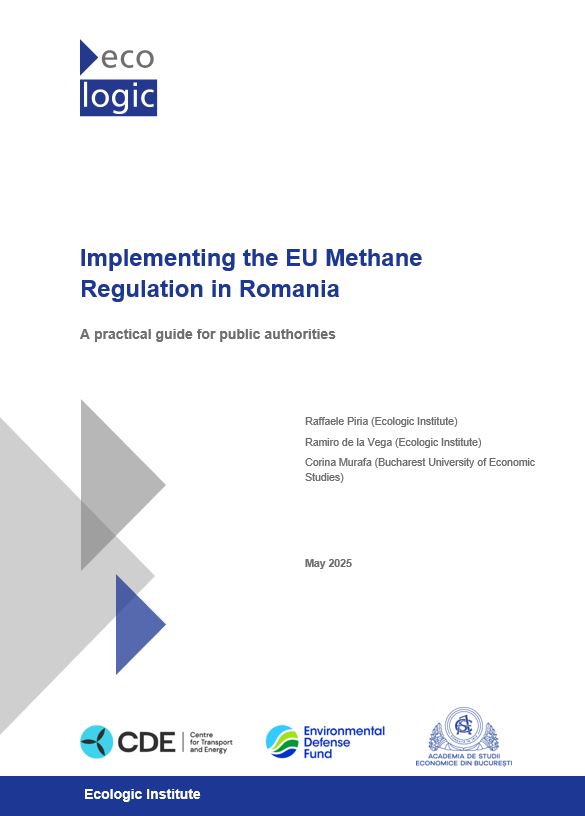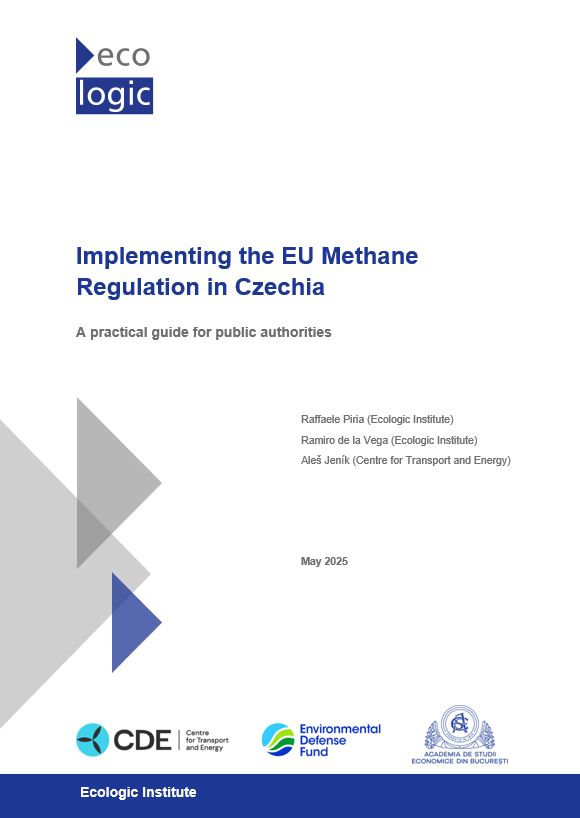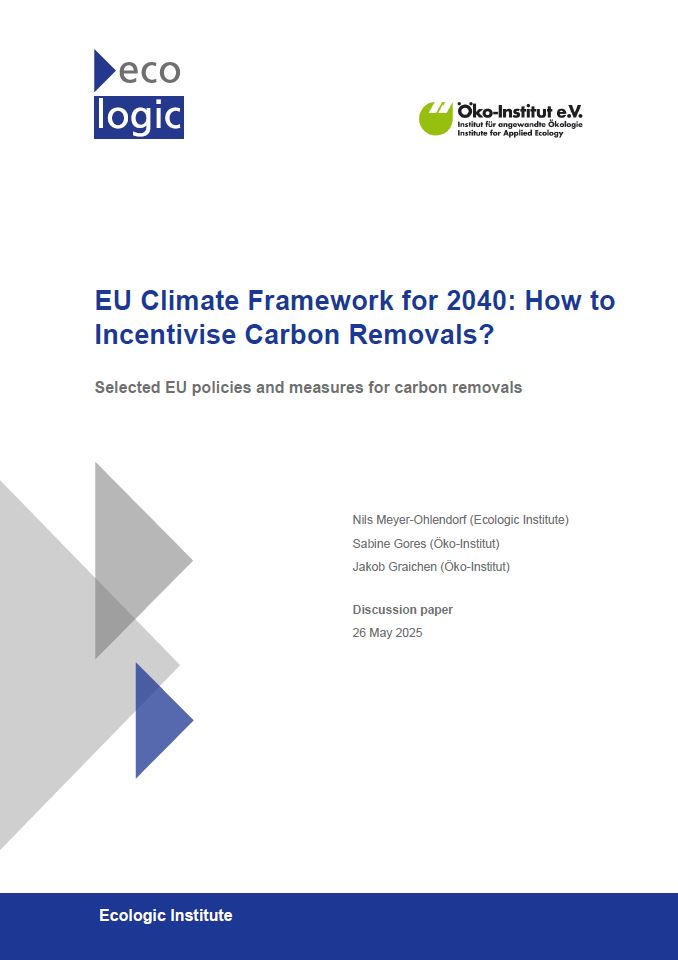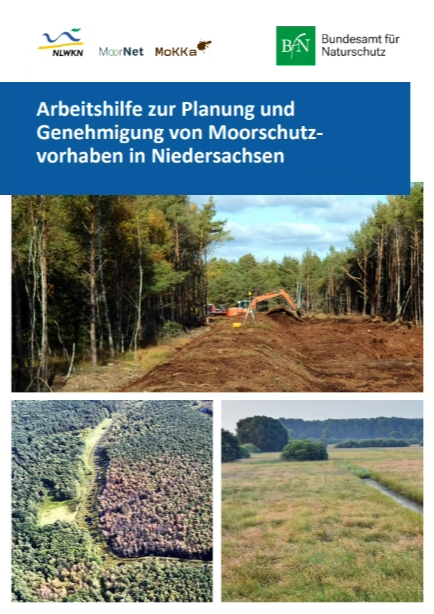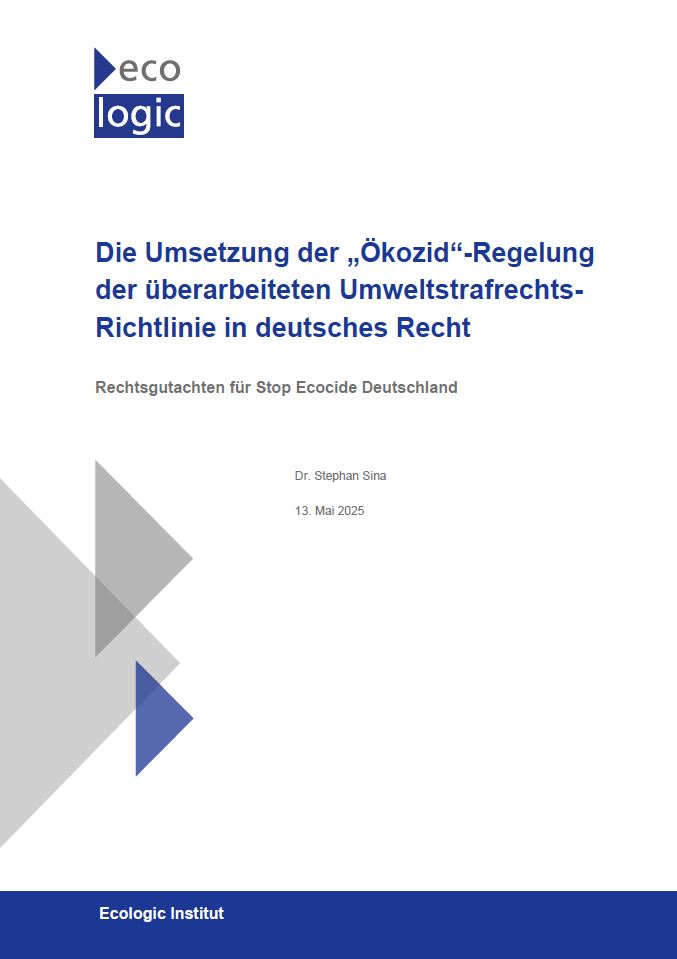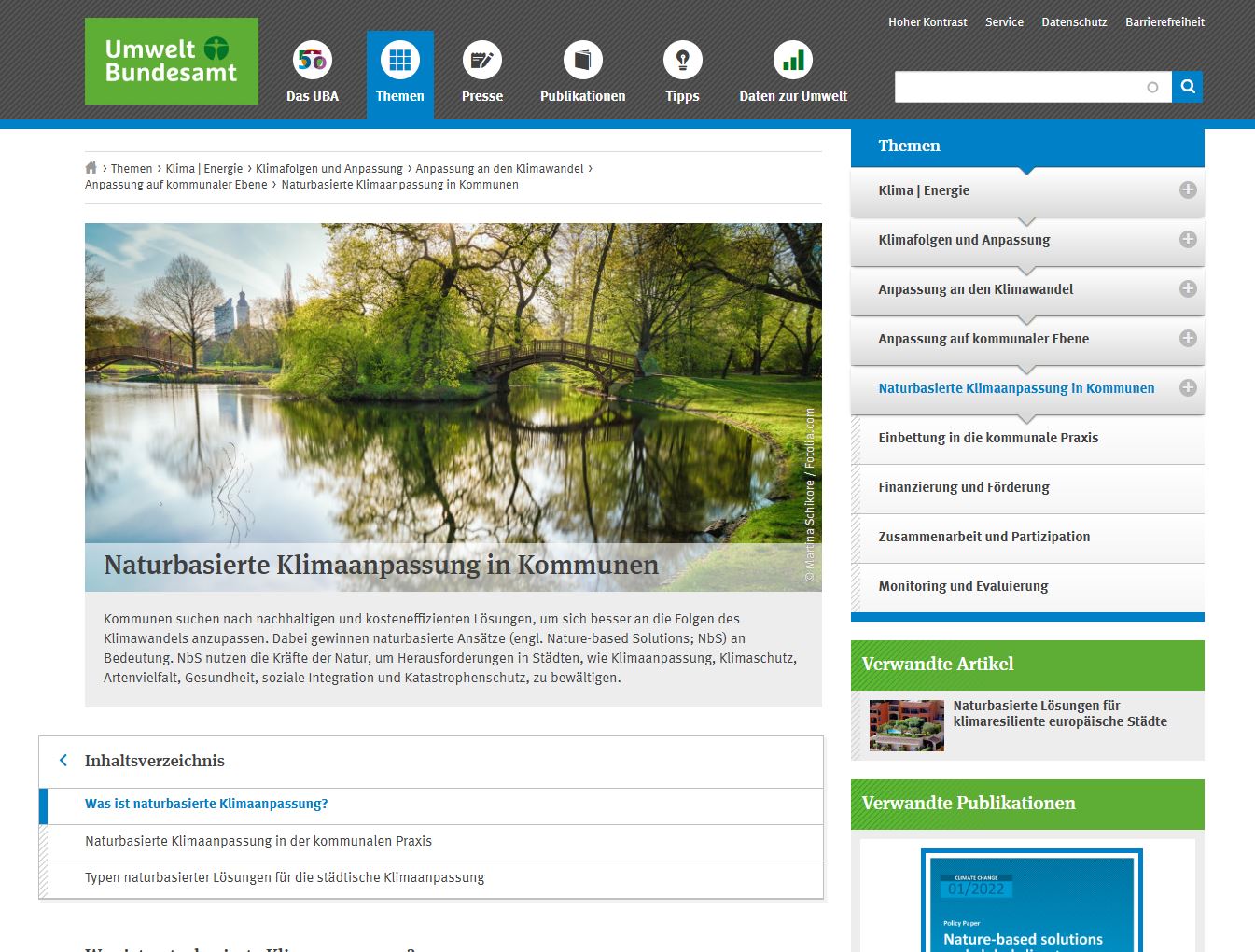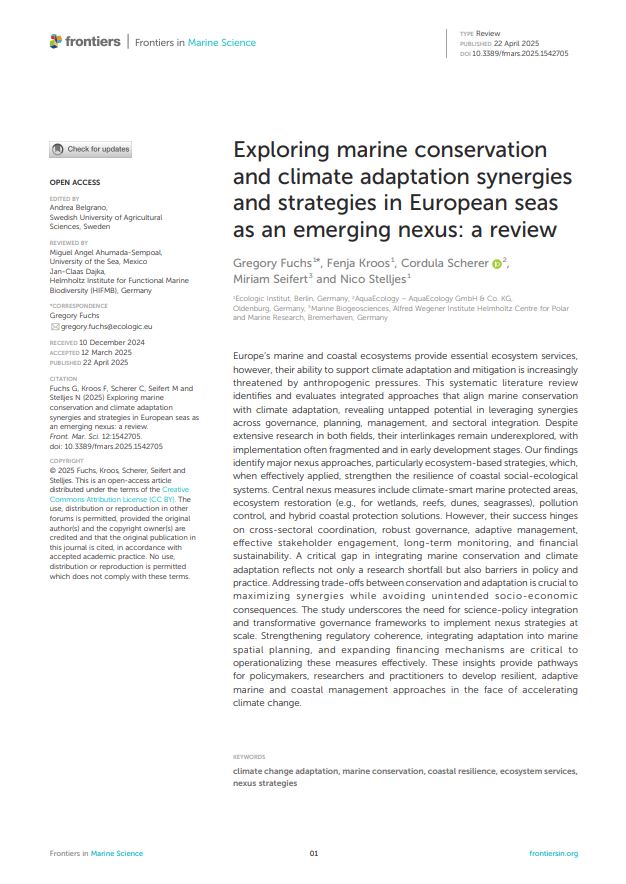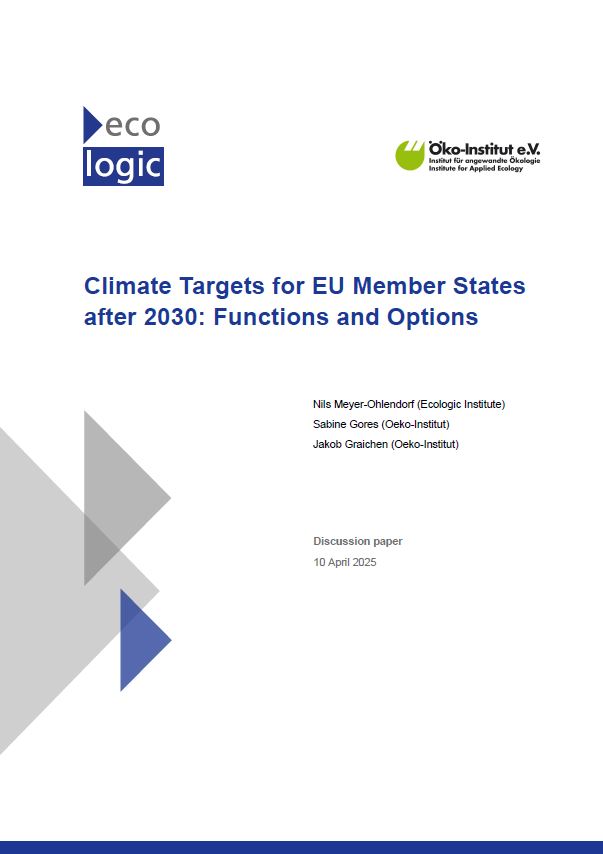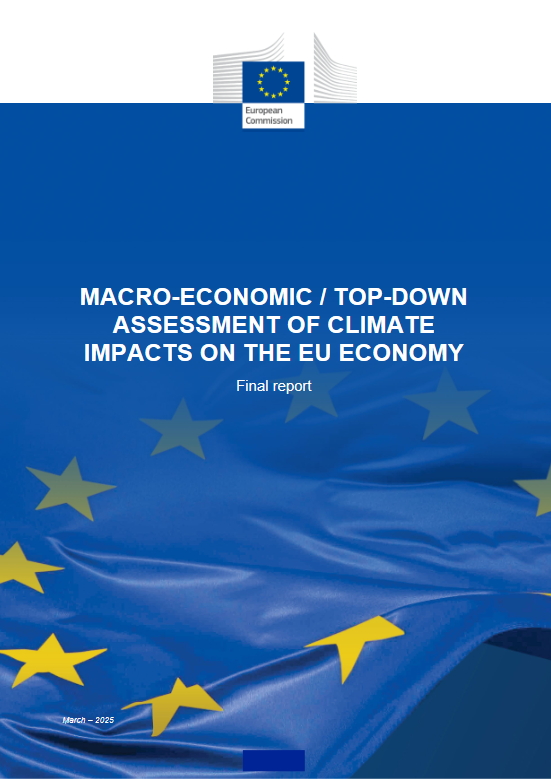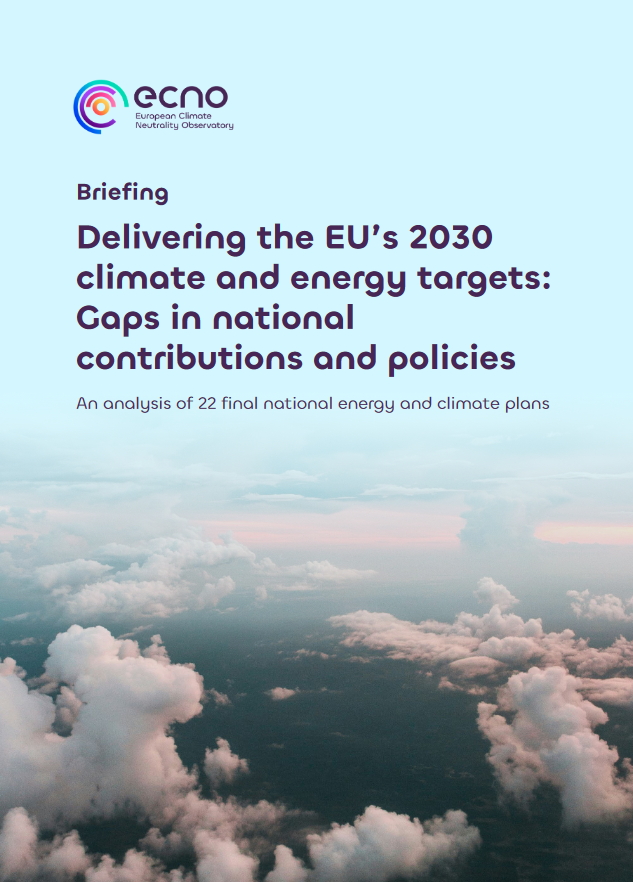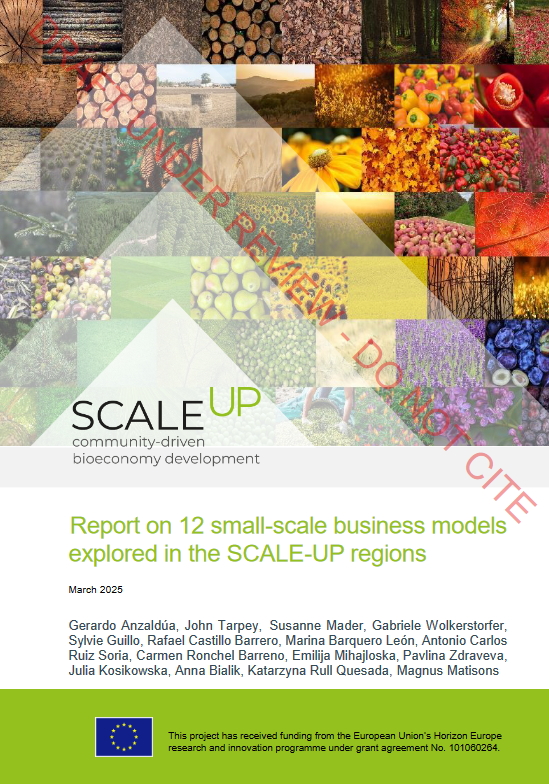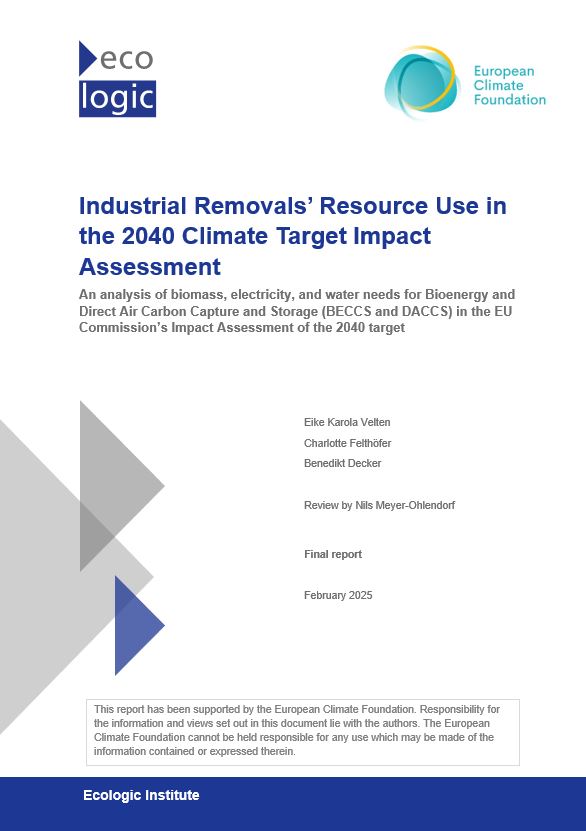Publication:Article
Publication:Policy Brief
Unlocking potential of coastal wetlands in Europe: Integration into National Restoration Plans
A Policy Brief from the RESTORE4Cs project
Year
Read morePublication:Report
Publication:Policy Brief
Publication:Report
Mapping Policy and Co-operate Initiative Landscapes for Systemic Change Towards a Nature-positive Economy
GoNaturePositive! Report
Year
Read morePublication:Document
Publication:Policy Brief
Scaling up Biobased Production within Ecological Boundaries
Recommendations for an updated EU Bioeconomy Strategy
Year
Read morePublication:Report
Stadtnatur-Pläne als Strategie für deutsche Kommunen
Empfehlungen zu "Urban Nature Plans" aus der EU-Biodiversitätsstrategie 2030
Year
Read morePublication:Policy Brief
Publication:Policy Brief
Enabling Change from the Ground up
Policy recommendations to foster social innovation in Europe
Year
Read morePublication:Report
Biologische Vielfalt berücksichtigen in der Städtebauförderung
Empfehlungen zur Integration der biologischen Vielfalt in Fördergebieten der Städtebauförderung
Year
Read morePublication:Report
Publication:Policy Brief
Publication:Book
Sustainable Development in the European Union – 2025 Overview
Overview of Progress Towards the SDGs in an EU Context
Year
Read morePublication:Book
Sustainable Development in the European Union – 2025
Monitoring Report on Progress Towards the SDGs in an EU Context
Year
Read morePublication:Report
Publication:Policy Brief
Publication:Report
Implementing the EU Methane Regulation in Romania
A practical guide for public authorities
Year
Read morePublication:Report
Implementing the EU Methane Regulation in Czechia
A practical guide for public authorities
Year
Read morePublication:Document
EU Climate Framework for 2040: How to Incentivise Carbon Removals?
Selected EU policies and measures for carbon removals
Year
Read morePublication:Report
Delivering 2030 Climate Targets
A snapshot of the transparency and policy information gaps of Member States' NECPs
Year
Read morePublication:Brochure
Publication:Conference Paper
Perspectives on a Purchasing Programme for CRCF Permanent Carbon Removal Credits
Workshop pre-read
Year
Read morePublication:Report
Publication:Website
Publication:Article
Publication:Document
Publication:Report
Publication:Policy Brief
Publication:Article
Publication:Video
Publication:Video
Publication:Report
Publication:Report

